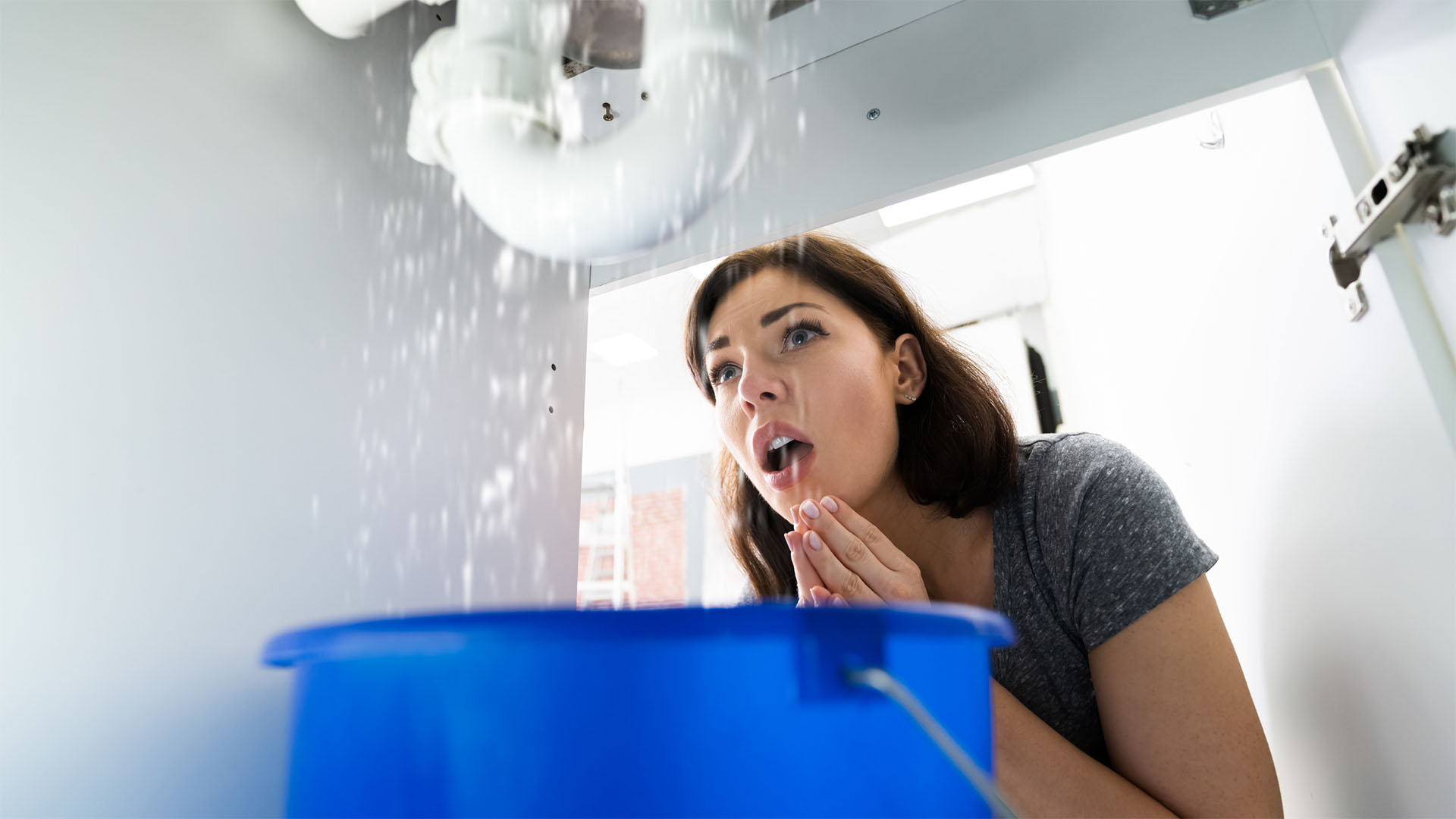Water leaks in your home can lead to a variety of issues, from increased water bills to structural damage and mould growth. Early detection and prevention are essential to minimise the impact of water leaks on your home and finances. In this blog post, Our Plumber shares valuable tips on how to detect and prevent water leaks in your home.
How to Detect Water Leaks
Monitor Your Water Bill
A sudden increase in your water bill without any changes in your usage habits could indicate a hidden water leak. Keep an eye on your water bill and compare it to previous months to spot any discrepancies.
Check Your Water Meter
To determine if there’s a water leak in your home, turn off all water-using appliances and fixtures. Then, check your water meter. If the meter is still running, you likely have a leak.
Look for Signs of Mould or Mildew
Mould and mildew thrive in damp environments. If you notice mould or a musty smell in your home, particularly in areas with no obvious water source, there may be a hidden leak.
Inspect Walls, Ceilings, and Floors
Water stains, discoloration, or peeling paint on walls and ceilings can be signs of a hidden leak. Likewise, warped or buckling floorboards could indicate water damage from a leak.
Test Your Toilet
Toilets are common sources of water leaks. To test your toilet for leaks, add a few drops of food colouring to the tank. If the colour appears in the bowl within 15 minutes without flushing, you have a leak.
How to Prevent Water Leaks
Regular Maintenance
Regular maintenance of your plumbing system is crucial for preventing water leaks. Schedule annual plumbing inspections with a professional plumber like Our Plumber to identify potential issues before they become major problems.
Insulate Pipes
Insulating your pipes can help prevent leaks due to frozen pipes bursting in cold weather. Pipe insulation is an affordable and straightforward project that can save you money on repairs in the long run.
Install a Water Leak Detection System
A water leak detection system can alert you to leaks in real-time, allowing you to address the issue before it causes significant damage. These systems use sensors placed throughout your home to detect changes in water pressure or moisture levels.
Know the Location of Your Main Water Shut-Off Valve
In case of a major leak, it’s essential to know the location of your home’s main water shut-off valve. Turning off the water supply can minimise damage until a professional plumber arrives to assess and repair the issue.
Replace Ageing Plumbing
Older homes may have outdated or deteriorating plumbing systems that are more prone to leaks. If your home’s plumbing is more than 20 years old, consider having a professional plumber inspect and potentially replace it to prevent future leaks.
Detecting and preventing water leaks in your home is crucial to avoid costly repairs and maintain a safe, healthy living environment. Regular maintenance, monitoring water usage, and taking proactive measures can help you prevent leaks and minimise their impact. For expert assistance with detecting and repairing water leaks, contact Our Plumber today.

